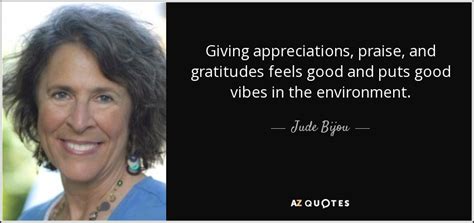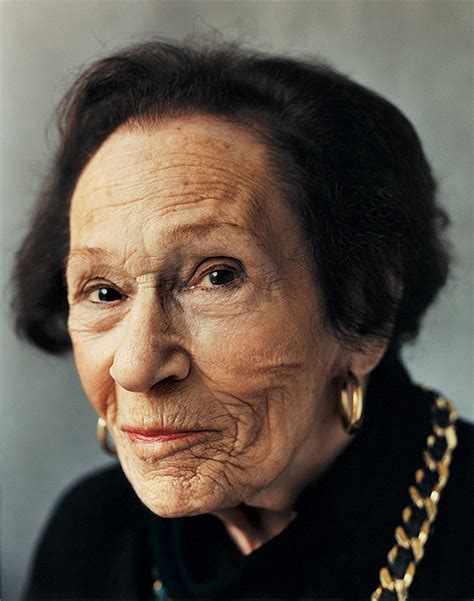A Quote by Jude Bijou
Along with bathing and eating your veggies, releasing emotions needs to become part of our daily routines.
Related Quotes
The fastest way to become the master of your thoughts and emotions is through challenging situations. If your life is going along fairly smoothly, there are not the same opportunities that enable you to strengthen your power and become the master of your thoughts and emotions. You see, even challenges are beautiful opportunities in disguise.


































